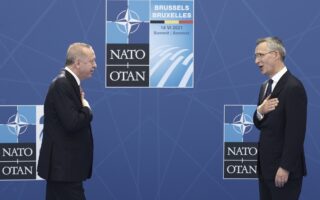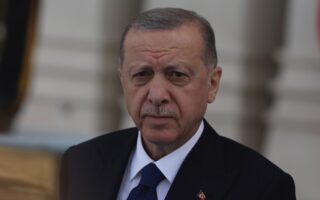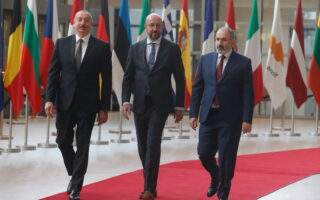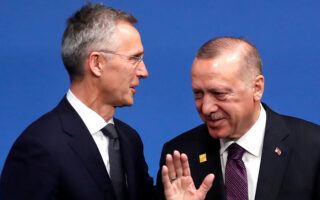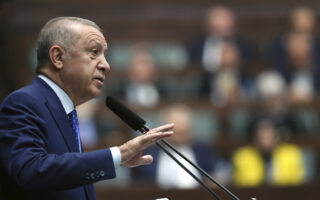Government and opposition on relations with Turkey
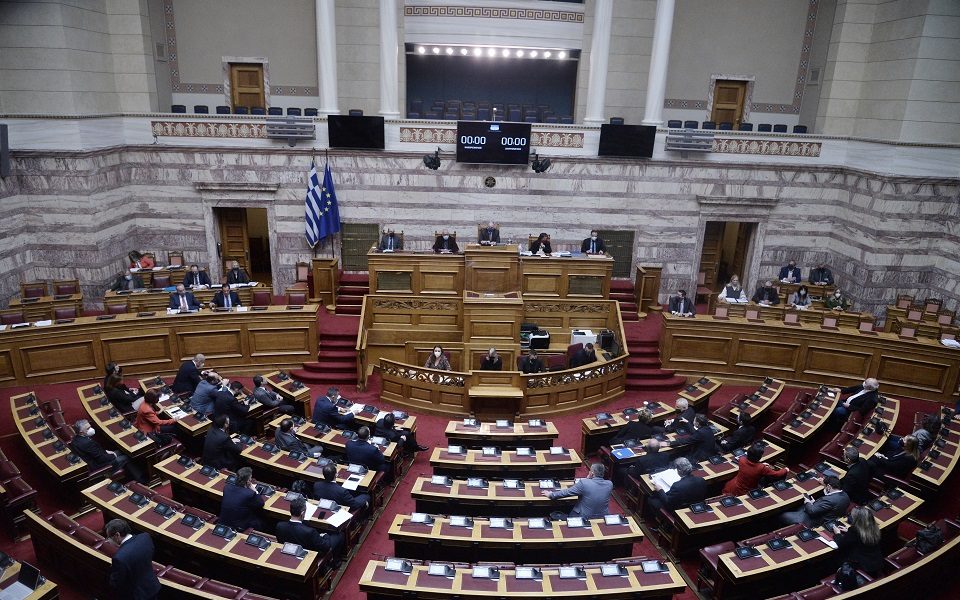
The deteriorating climate in Greek-Turkish relations is obviously a matter not restricted to the present-day governments of the two countries.
Turkish President Recep Tayyip Erdogan says he no longer trusts and will no longer meet with Greek Prime Minister Kyriakos Mitsotakis. His aggressive rhetoric and confrontational stance, however, expresses almost the entire political spectrum in the neighboring country, which is already in a drawn-out pre-election period. Its parties are actually competing over who will be more nationalistic and aggressive towards Greece.
Earlier this week, the head of the country’s biggest opposition party, Kemal Kilicdaroglu, made yet another statement distorting history at Greece’s expense and egging Erdogan on, by chiding him about threatening to do something about the Aegean islands “occupied by Greece” but doing nothing.
Faced with such vehemence, Greece clearly needs national consensus, and it needs it now. Channels of communication can be established and an understanding can be achieved at least between the three biggest parties – which together accounted for 80% of the vote in the last election – and which have experience in managing relations with Turkey.
It is essential that they are on the same page on the fundamental issues. Those in the loop know the differences separating them are slight and consensus is perfectly achievable.
At conferences and meetings in Greece and abroad attended by officials from all three major parties, the image portrayed is one of unity, as was the case at the recent meeting in Istanbul of parliamentary representatives from NATO and delegations from other parts of the Mediterranean and Middle East.
There is no room for ego in these circumstances, no room for rejectionism when the country is facing an existential threat. It is not political or personal – it is national.
All three of the big parties have officials who are capable and experienced in the sensitive areas of foreign policy and defense, and who understand what’s at stake and can rise to the occasion. After all, every meeting of the Foreign Policy Council has been held in a positive climate, with the opposition representatives adopting a moderate stance and the governing party acknowledging this publicly.
The country would benefit from them showing a united front, without this meaning that they cannot continue to disagree on some issues or exercise criticism, whether justified or excessive, as was the recent case over Turkey’s memorandum with Sweden and Finland over their NATO accession.
What is coming out of Turkey, is the image of a political system united in aggression. Greece’s parties could, in contrast, agree on a common line that would be defined by maturity, restraint and a sincere – not defeatist – desire for peaceful coexistence with our neighbor to the east.
